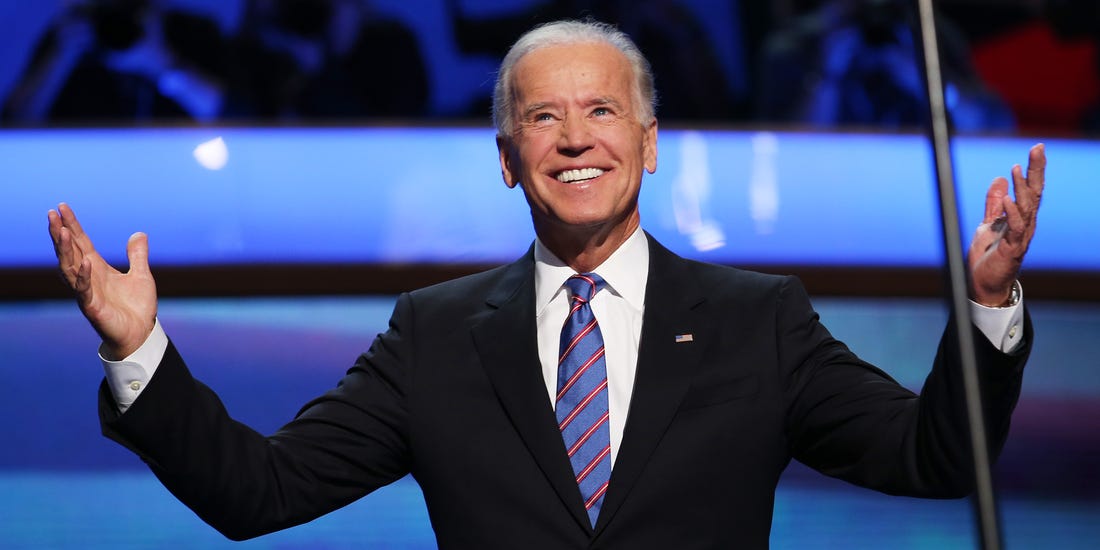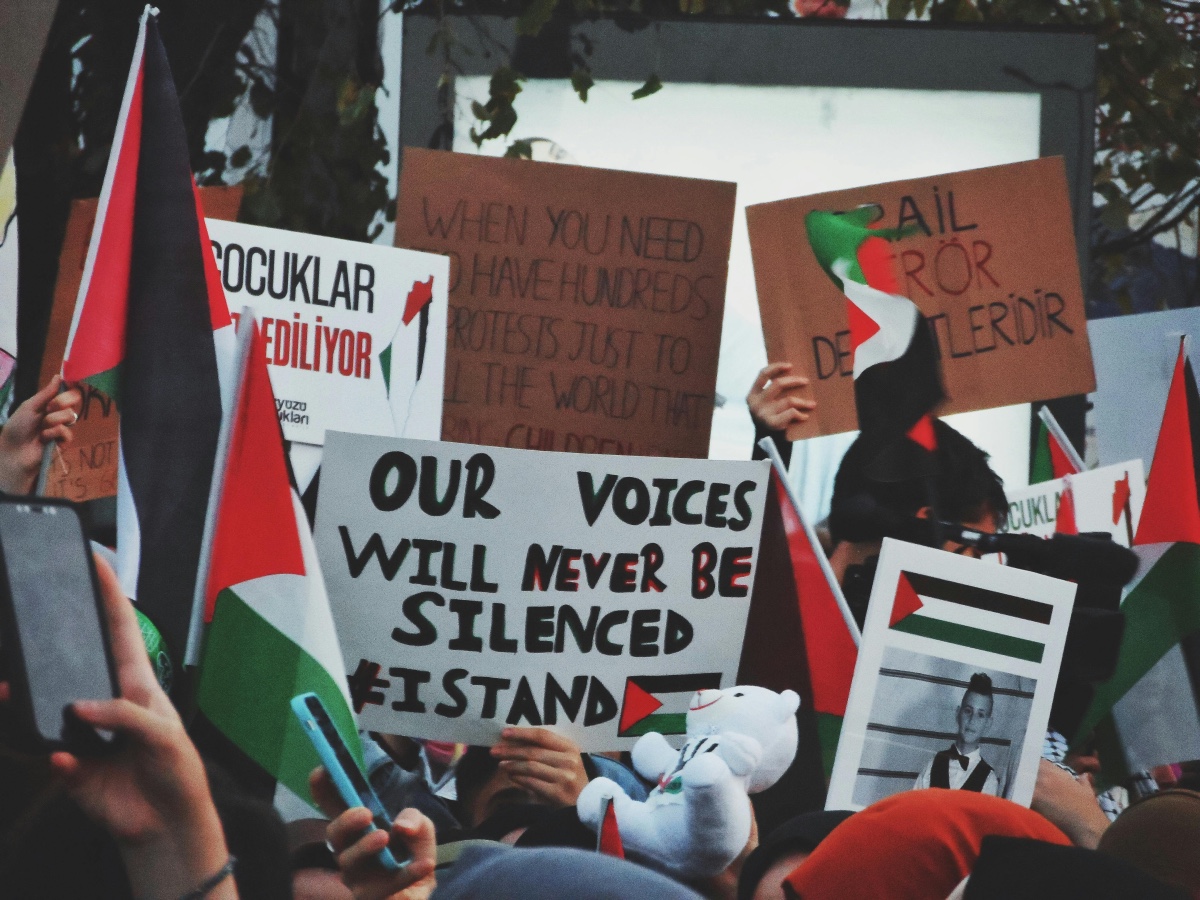Bangladesh activists defy police blockade
A soldier holding a light machine gun on a vehicle patrols a street in Dhaka January 6, 2007. Army troops patrolled streets of the Bangladeshi capital Dhaka on Saturday, ahead of a 48-hour countrywide transport blockade called by parties boycotting parliamentary elections due after two weeks. REUTERS/Rafiqur Rahman.(BANGLADESH)
By Anis Ahmed
DHAKA (Reuters) – Political activists fought pitched battles in the Bangladeshi capital on Tuesday with police trying to break a three-day-old nationwide transport blockade, witnesses said.
The battles erupted in the Fakirapool area of Dhaka when the activists, defying a blanket ban on marches and rallies, tried to storm police barricades and march to the presidential palace.
Police using batons and teargas struggled to drive back activists hurling stones, bricks and home-made bombs, a Reuters cameraman said.
At least 30 people were injured and dozens detained by police, he said.
Some 130 people have been hurt since Sunday in clashes between police and supporters of a multiparty alliance which is boycotting the January 22 general elections because it says the interim government has failed to ensure a free and fair vote.
Reiterating an earlier ban, police said anyone causing disruption would be “dealt with severely.†But they were braced for more violence as the alliance, led by former prime minister Sheikh Hasina, vowed to block roads leading to the palace of President Iajuddin Ahmed, who heads the caretaker administration.
Abdul Jalil, general secretary of Hasina’s Awami League, said they would defy all bans and carry out their protest plans. He called on alliance leaders and workers to resist the elections and urged voters to boycott polling centers.
But Abdul Mannan Bhuiyan, secretary-general of the Bangladesh Nationalist Party (BNP), led by immediate past prime minister Begum Khaleda Zia and Hasina’s rival, urged BNP workers to foil any attempt to disrupt the vote.
“Anyone has the right to boycott an election but no one has a right to resist the polls,†he said.
Not credible
Political analysts and diplomats have said an election without the participation of all major parties would not be credible or acceptable to the international community.
Bangladesh was paralyzed by the blockade, with buses and lorries idle and only a few taxis and rickshaws moving in Dhaka.
The blockade was largely enforced nationwide, with road, rail and ferry services badly disrupted. Deliveries from the ports remained suspended and business centers and schools were shut.
Alliance activists gathered at key points in Dhaka to ensure no transport could enter or leave the city. Police kept a tight watch and army troops patrolled the streets.
Hasina’s alliance, which ordered the blockade, has alleged that Iajuddin favors Khaleda and that his interim government has failed to create a congenial atmosphere for a free and fair election. It wants Iajuddin to resign but he has refused.
At least 45 people have been killed and hundreds injured in clashes between political rivals since Khaleda ended her five-year tenure as prime minister in late October and handed power to the interim authority.
Hasina and her allies want removal of election officials “biased toward Khaleda,†a new election schedule and an overhaul of the list of registered voters.
The January 22 election is also being boycotted by the Jatiya Party of former army ruler Hossain Mohammad Ershad and the Liberal Democratic Party (LDP) led by former president A.Q.M. Badruddoza Chowdhury.
U.S. Ambassador Patricia A. Butenis told reporters after meeting Ershad on Monday that a one-sided election, without the participation of all major parties, would be unacceptable to the international community.
“The (political) situation in Bangladesh is frustrating,†Butenis said.
(Additional reporting by Nizam Ahmed)
9-3












2007
930 views
views
0
comments